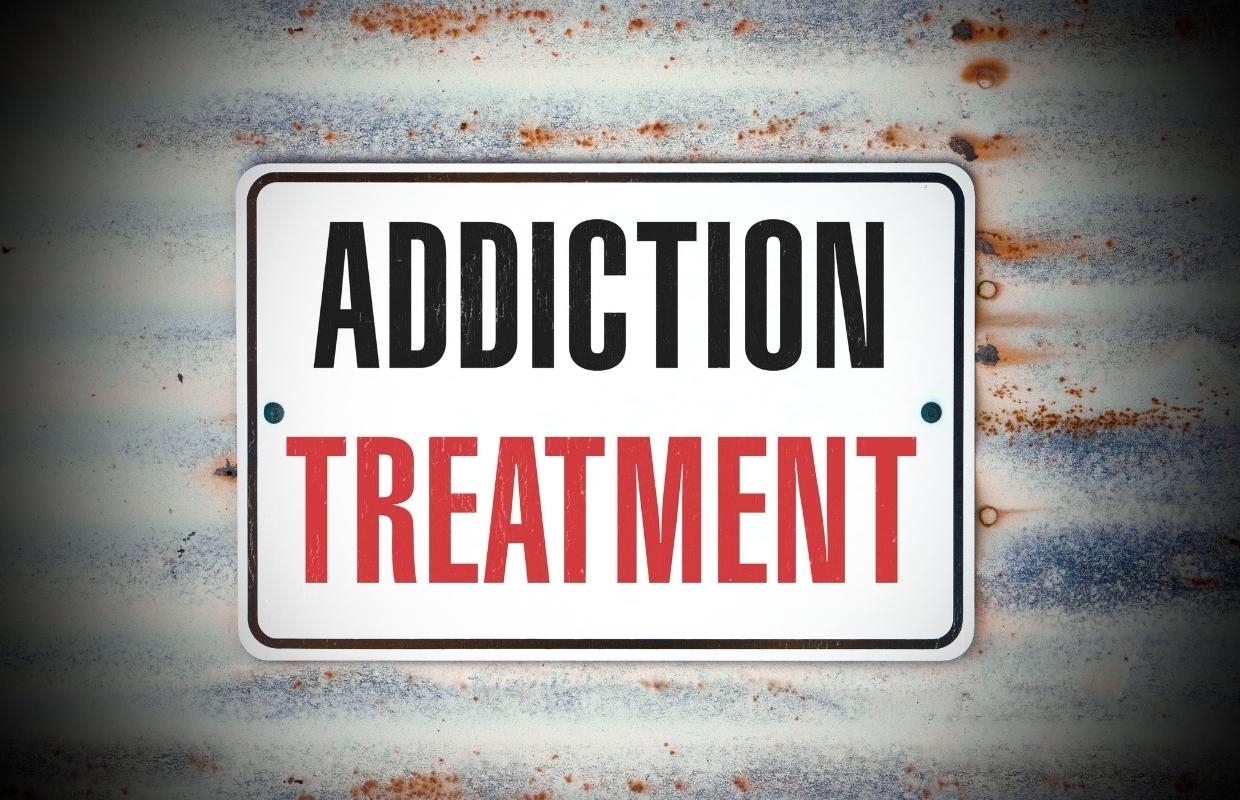FDA-approved Medication-Assisted Treatment can reduce relapse risks in recovery.
FDA-approved Medication-Assisted Treatment can reduce relapse risks in recovery.
Blog Article
Comprehending Dependency Therapy: Exploring Effective Programs for Alcohol Addiction Recovery and Mental Health And Wellness Assistance
Initiating the journey toward healing from alcohol dependency entails a detailed strategy that attends to both the physical and emotional elements of dependency. opioid addiction treatment. Medical cleansing functions as the foundational action, securely taking care of withdrawal signs and symptoms under professional guidance. Concurrently, psychotherapy and medication-assisted treatments are tailored to reduce the underlying mental wellness concerns, typically intertwined with addiction. This double strategy not just stabilizes the private but also establishes the phase for reviewing the consolidation of all natural therapies and assistance systems vital for lasting soberness.

The Function of Clinical Detoxing in Handling Alcohol Withdrawal
Clinical cleansing plays a critical role in the administration of alcohol withdrawal, working as the first action in the trip towards healing. This procedure meticulously keeps track of and treats the acute physical signs and symptoms of withdrawal that happen when a specific stops consuming alcohol. The primary goal is to maintain the individual physically and alleviate potential wellness risks related to withdrawal, such as seizures and ecstasy tremens.
Physician often carry out medications to ease signs, take care of pain, and prevent issues. The controlled atmosphere makes sure safety, addresses dietary deficiencies, and prepares people for the following stages of addiction therapy. Successful cleansing is critical, as it develops the structure for more healing treatments, concentrating on long-term recuperation and regression prevention.
Psychiatric Therapy Techniques for Double Diagnosis Therapy
Integrative strategies, incorporating components from numerous restorative modalities, tailor therapy to individual needs, improving the efficiency of twin medical diagnosis management (Medication-Assisted Treatment). Via these psychotherapeutic techniques, individuals get understandings into their habit forming behaviors and psychological wellness concerns, fostering a holistic recuperation procedure and considerably enhancing their top quality of life.

The Relevance of Medication-Assisted Therapy (FLOOR COVERING)
While psychotherapy tackles the psychological facets of dependency, Medication-Assisted Treatment (MAT) plays an equally crucial duty in addressing the physiological difficulties. MAT utilizes FDA-approved drugs, such as naltrexone, buprenorphine, and this methadone, to support brain chemistry, block the euphoric results of alcohol, and relieve cravings, leading the means for a lasting recovery. These drugs, when integrated with behavior modifications, enhance therapy efficiency, reduce the danger of regression, and aid maintain long-term sobriety. By supporting the biological basis of dependency, floor covering addresses the comprehensive wellness demands of individuals, facilitating boosted outcomes in healing programs. This incorporated technique makes sure a more durable structure for recovery, emphasizing the requirement of resolving both mental and physical health and wellness elements in addiction therapy.
Integrating Alternative Treatments Into Alcoholism Recuperation
Although Medication-Assisted Therapy (MAT) is crucial, integrating alternative treatments can substantially boost the healing procedure for those battling alcohol addiction. Alternative try this site treatments encompass an array of non-medical recovery approaches that concentrate on healing the mind, body, and spirit (Mental Health Treatment). Each of these techniques aims to enhance psychological wellness, reduce tension, and improve general health, thereby supporting the emotional and mental elements of healing.
Browsing Assistance Equipments and Community Resources for Sustained Healing
After resolving the person's holistic needs in alcoholism recovery, attention should likewise be offered to outside aspects that add to continual soberness. Assistance systems and area sources play essential functions in this stage. Efficient healing programs highlight the value of developing strong networks, which can include support system like Alcoholics Anonymous, family members participation, and healing training. Neighborhood resources such as sober living arrangements and neighborhood psychological health and wellness services offer useful support and a safeguard during susceptible times. Involving with these sources motivates liability, reduces feelings of seclusion, and improves durability against regression. Continual recovery is thus seen not only as a person's journey however as a community-supported process, cultivating a setting where regular recovery is nurtured and celebrated.
Conclusion
To conclude, effective alcohol dependency recovery programs include a complex method that consists of medical cleansing, psychiatric therapy, and medication-assisted treatment. Incorporating holistic therapies and leveraging support group are vital for resolving both physical and mental health and wellness obstacles. Such comprehensive care not just helps manage withdrawal signs yet also visite site supports long-lasting soberness and psychological well-being, therefore boosting an individual's ability to lead a healthier and a lot more meeting life post-recovery.
Report this page